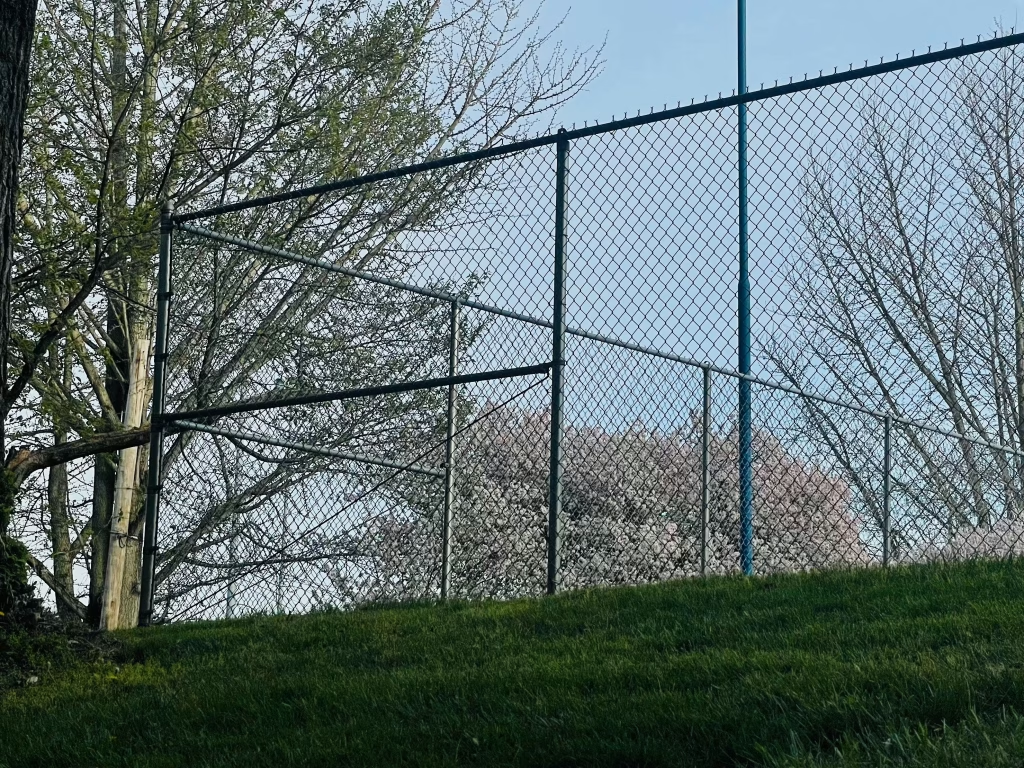Fence Systems
Product Types
Garden fences serve to define outdoor spaces, provide privacy, enhance security, and contribute to the overall landscape aesthetic. They come in various styles such as traditional picket fences, lattice panels, horizontal slats, and decorative metal or composite panels. Fences can be fully opaque or partially open to balance privacy and visibility.
Depending on the setting, garden fences may be designed for containment (pets, children), security (deterrent to trespassing), or purely ornamental purposes. Some fences integrate gates, trellises, or planter boxes to increase functionality and visual appeal within garden environments.

Material
Wood is a classic material for garden fences, commonly using cedar, pine, or treated hardwoods valued for their natural beauty and resistance to decay. Metal options include wrought iron, aluminum, and galvanized steel, which offer longevity and minimal maintenance with proper coatings.
Vinyl and composite fences have grown popular for their low maintenance, resistance to rot, insects, and weathering. These materials can mimic the appearance of wood or metal while providing enhanced durability and ease of cleaning. The choice of material affects not only aesthetics but also lifespan and upkeep.
Load & Safety
Garden fences must be structurally sound to resist wind loads and accidental impact, especially in exposed or high-traffic areas. Local regulations may specify maximum fence heights and spacing to ensure safety and neighbor compliance.
Security fences often include locking gates, reinforced posts, or anti-climb features, while fences intended for child or pet containment focus on minimizing gaps and sturdy construction. Proper anchoring and foundation are essential to maintain fence stability over time.
Maintenance
Wooden fences require periodic staining, sealing, or painting to protect against moisture damage, UV exposure, and insect attack. Metal fences benefit from rust prevention treatments and occasional repainting or touch-ups to maintain protective coatings.
Vinyl and composite fences mainly require simple cleaning with water and mild detergents to remove dirt and prevent mold or mildew. Regular inspections identify loose boards, broken posts, or damage caused by weather or animals, allowing for timely repairs.
Durability
With proper installation and maintenance, garden fences can last many years, preserving both their function and appearance. Treated wood and coated metals resist decay and corrosion, while vinyl and composite fences offer exceptional resistance to environmental factors with minimal upkeep.
Material choice and construction quality are key to durability, ensuring fences withstand seasonal temperature changes, moisture, and mechanical wear. A durable garden fence not only protects and defines the outdoor space but also adds value and beauty to the property.





